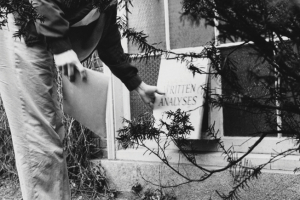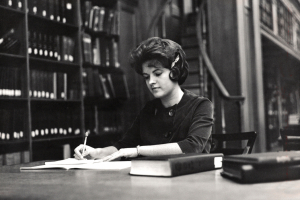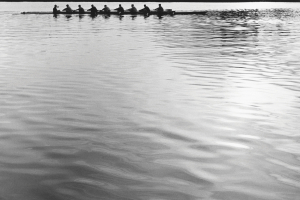If you knew then what you know now, how would you deal differently with aging and retirement?
Retirement is a hot topic. Now that the first Baby Boomers have hit the age of 65, the engraved-gold-watch business must surely be thriving. Another indication of the interest and angst around retirement is Amazon.com’s inventory of books on the subject. They sell more than 18,000 titles.
For the vast majority of Americans, retirement looms rather than beckons, because of the treacherous trifecta of declining income, increasing health-care expenses, and insufficient retirement savings. While many — if not the majority — of the members of Harvard Business School's Class of 1963 don’t have the financial worries that come with retirement, some still found themselves to be a bit “out at sea” when the time came to quit going into the office.
The advice they give around retirement hits a common theme: “Don’t do it if you can avoid it,” one said, while another echoed, “Retire to something — not from something.”




